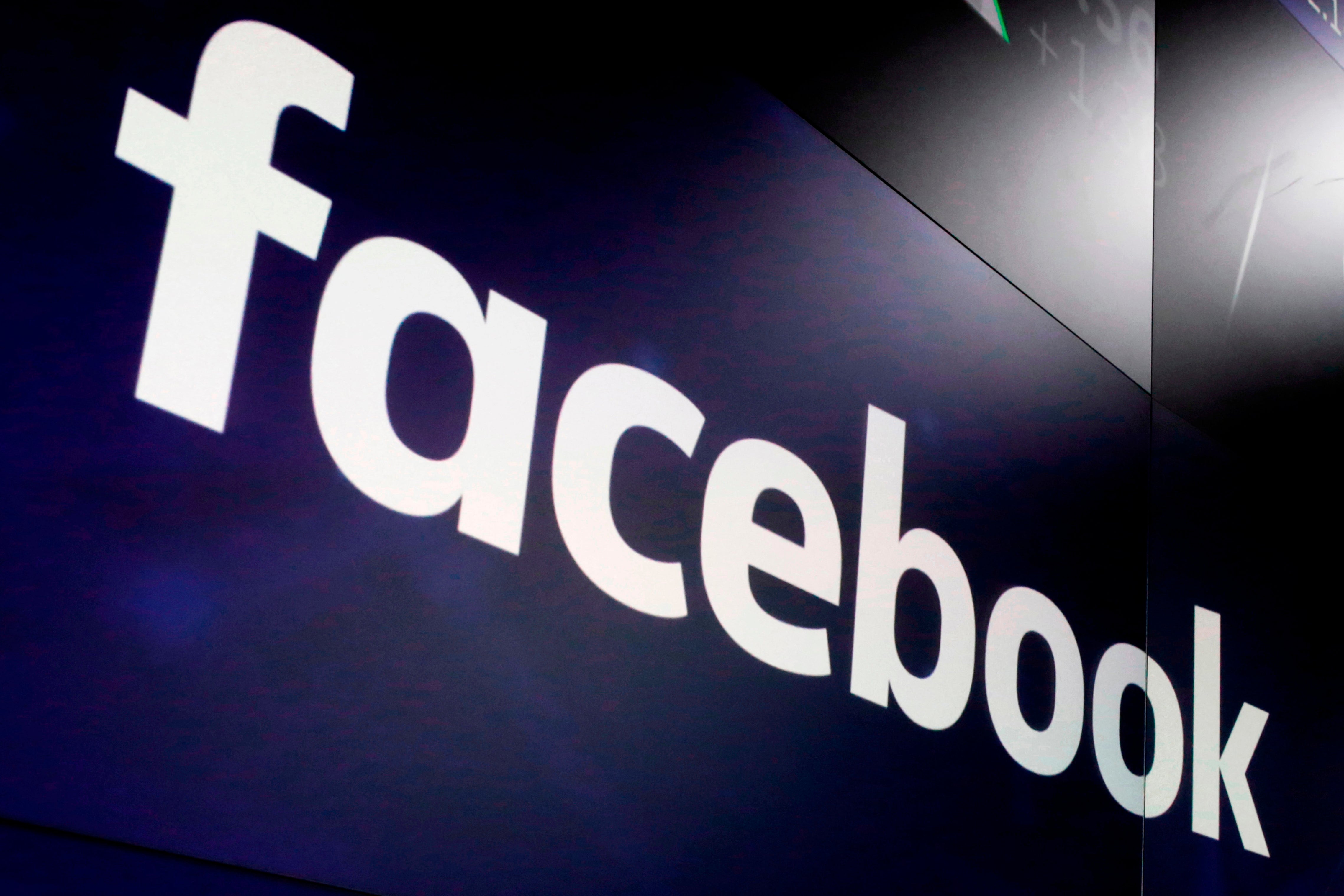Facebook is going to change its name, report claims
Facebook’s name might reflect Horizon, its in-development VR product that Mark Zuckerberg hopes will usher in the metaverse

Your support helps us to tell the story
From reproductive rights to climate change to Big Tech, The Independent is on the ground when the story is developing. Whether it's investigating the financials of Elon Musk's pro-Trump PAC or producing our latest documentary, 'The A Word', which shines a light on the American women fighting for reproductive rights, we know how important it is to parse out the facts from the messaging.
At such a critical moment in US history, we need reporters on the ground. Your donation allows us to keep sending journalists to speak to both sides of the story.
The Independent is trusted by Americans across the entire political spectrum. And unlike many other quality news outlets, we choose not to lock Americans out of our reporting and analysis with paywalls. We believe quality journalism should be available to everyone, paid for by those who can afford it.
Your support makes all the difference.Facebook is going to change its name later this month in order to reflect its intention to build the metaverse.
The social media company’s rebranding, according to a report from The Verge, would put the Facebook app under the same umbrella as WhatsApp and Instagram, as well as Oculus and other services that Facebook owns.
The purported move coincides with mounting scrutiny by the US government over its reported politically driven business practices and criticism over failure to tackle hate speech and misinformation on the platform.
Whistleblower Frances Haugen recently came forward alleging that the company put its own profits ahead of the public good. Haugen leaked hundreds of company documents to The Wall Street Journal and testified before Congress.
Another whistleblower, Sophie Zhang, has said that she found “blatant attempts by foreign national governments to abuse our platform on vast scales to mislead their own citizenry”.
According to the report, the new Facebook company name is a tightly-held secret within the company. Even senior leaders are not privy to the information, but it is possible that the name could reflect its recently announced Horizon product – a virtual reality product still in development that allows people to take meetings using the Oculus Quest cartoon avatars.
It also recently announced a new smart glasses product in collaboration with Ray-Ban in September, which let people take photos and videos of what they are looking at and upload them to Facebook’s suite of apps. This product, notably, did not feature Facebook’s name anywhere on the glasses.
Facebook is working on ‘Project Aria’, too – a more capable smart-glasses project that would use augmented reality for tasks such as map navigation or finding lost items.
“Imagine calling a friend and chatting with their lifelike avatar across the table. Imagine a digital assistant smart enough to detect road hazards, offer up stats during a business meeting, or even help you hear better in a noisy environment”, said Facebook. “This is a world where the device itself disappears entirely into the ebb and flow of everyday life.”
Facebook’s chief executive officer Mark Zuckerberg is expected to discuss the plans to change the name at the company’s annual Connect conference on 28 October, but the announcement could be made sooner.
In response to the claims, Facebook said it does not comment on “rumour or speculation”.
The notion of the metaverse is one that Facebook has been pushing for some time, hypothesising about an online space that is persistent, synchronous, spans both the digital and physical worlds, offers “unprecedented interoperability” and contains a fully functioning economy.
In July this year, CEO Mark Zuckerberg said that Facebook would “effectively transition from … being a social media company to being a metaverse company”.
However, the concept is still not entirely developed. Facebook only recently announced that it would be hiring 10,000 workers in Europe to build this vision, and its roots may not remove it from the dystopian criticisms that the social media company has garnered as it bought or pushed out competing companies since it was started in 2004.
The origins of the metaverse is Neal Stephenson’s 1992 book Snow Crash, which paints it as “a poor, desperate nation that is literally governed by corporate franchises”, writes Vice’s Brian Merchant.
“In the world of Snow Crash, the metaverse is not viewed as particularly cool – it is necessary, because the real world has become so unbearable.”
It’s not uncommon among the companies in Silicon Valley to rebrand themselves to expand their services. Google reorganised itself under Alphabet Inc in 2015 to present it self as a global conglomerate with ventures like self-driving cars and healthcare technology under its umbrella.
Join our commenting forum
Join thought-provoking conversations, follow other Independent readers and see their replies
Comments